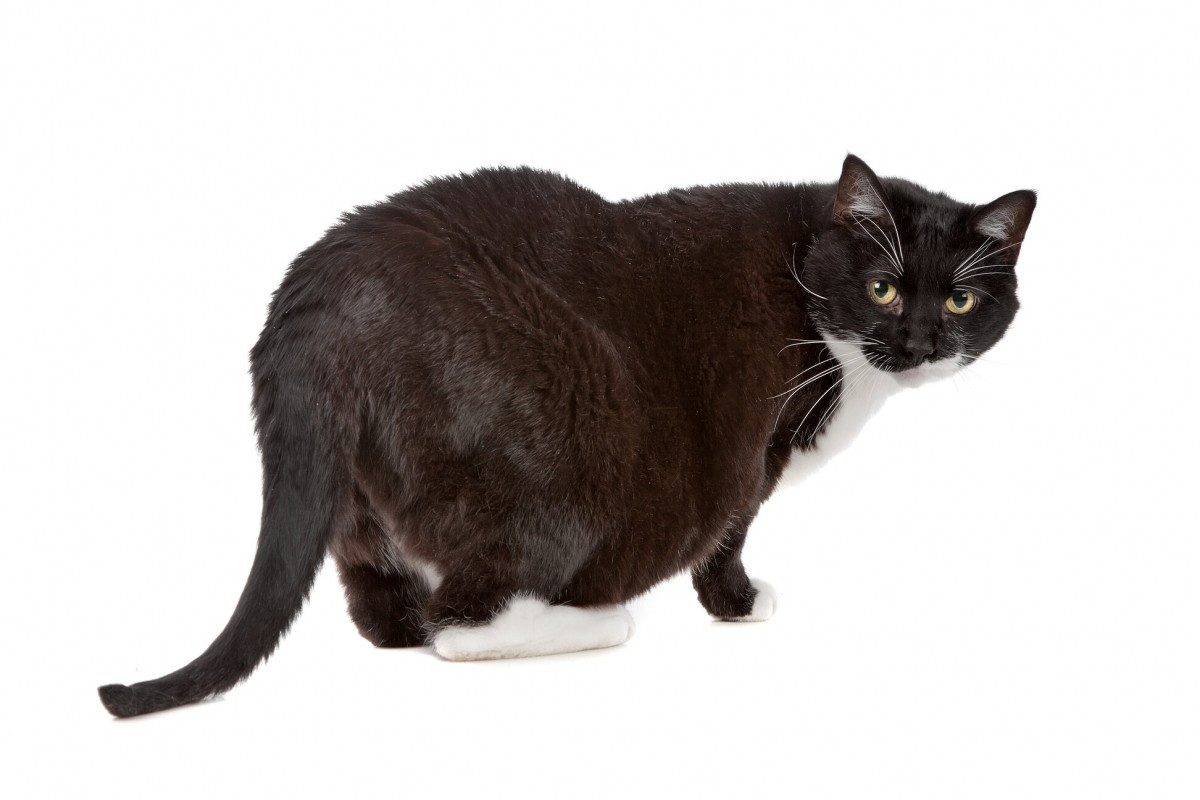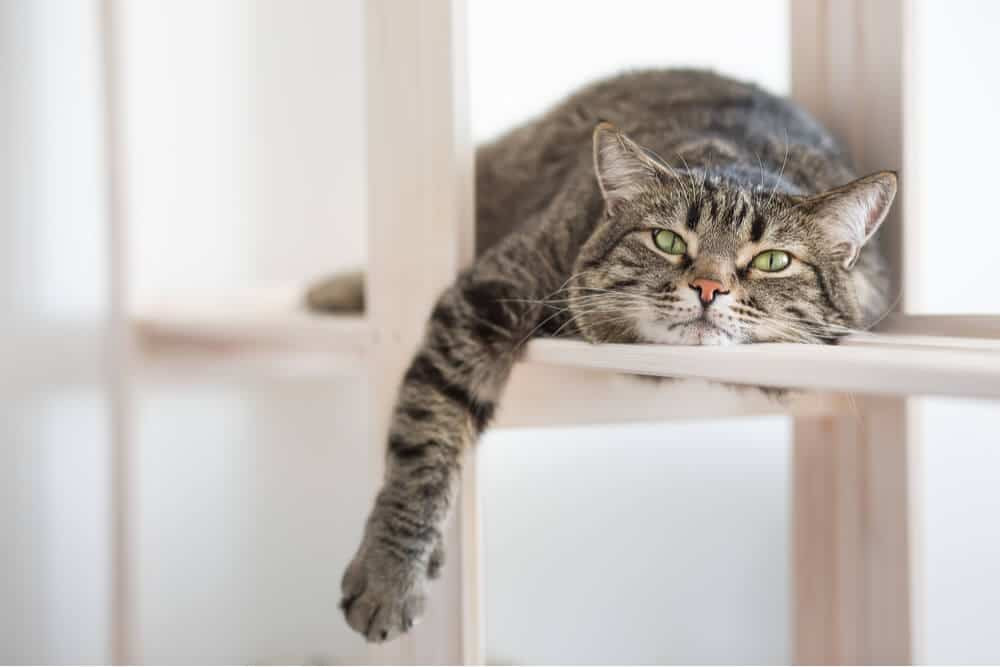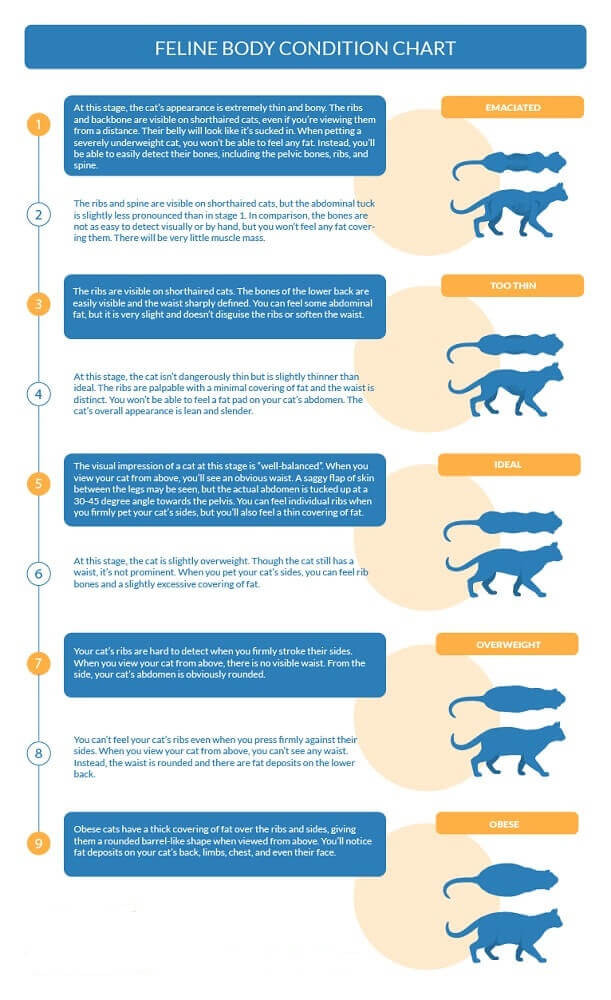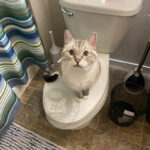 chonky black and white cat
chonky black and white cat
Cats have long reigned supreme on the internet, predating even today’s TikTok and Instagram stars. From the early days of YouTube being filled with hilarious cat videos, it’s clear that online users love turning ordinary felines into viral sensations. One of the latest trends to capture the internet’s attention is the “chonky” cat – but beneath the humor, there’s a serious issue that every cat lover should understand. Let’s explore what exactly a “chonky” cat is and what this trend really means for our beloved pets.
What Does “Chonky” Really Mean?
In internet slang, “chonky” is simply a playful way of saying big, fat, or significantly overweight. It’s part of the made-up language surrounding cats online, similar to terms like “blep,” “chimken,” and “floof.” Whether you find it amusing or not, this internet-born vocabulary seems to be here to stay.
The exact origin of the word “chonky” online is hard to pinpoint, but it likely gained popularity from a meme featuring a body condition scale for animals. This scale humorously ranged from descriptions like “a fine boi” to the extreme “OH LAWD HE COMIN’.” This meme resonated widely, becoming viral and eventually sparking an entire online community dedicated to celebrating – and sometimes inadvertently promoting – animal obesity.
The Internet’s Love Affair with Fat Felines
Chonky Cats quickly became an internet sensation, celebrated for their perceived cuddliness and huggable size. These larger felines are often featured in funny videos and memes, bringing smiles and laughter to countless users worldwide. Their size has been glorified to such an extent that it’s become a widespread online phenomenon.
This trend has led to a surge in online groups dedicated to sharing images and videos of overweight cats. The Facebook group “This Cat is Chonky,” boasting over 900,000 members, is a prime example, where users regularly post entertaining pictures of their hefty pets. Similarly, the Instagram account “Round Boys” has broadened its scope to include various kinds of overweight animals, further fueling the trend. Some individuals even create dedicated social media profiles for their own “chonky” cats, seeking internet fame through their pet’s size.
 lethargic cat
lethargic cat
However, while the internet’s adoration of chonky cats might seem harmless fun, it carries a significant underlying risk: it normalizes and even encourages unhealthy weight gain in cats.
The Serious Side of the Chonky Cat Trend
While many people participating in the chonky cat trend have good intentions, veterinarians and animal health experts are increasingly concerned. Groups like the “This Cat is Chonky” Facebook group often have rules against “chonk shaming” – supposedly to protect the feelings of both pets and owners. However, many veterinary professionals argue that a degree of concern, and even “shaming,” might be necessary to highlight the health risks associated with feline obesity.
The glorification of “chonk” can inadvertently encourage owners to overfeed their cats, seeking online validation or humor from their pet’s size. The pursuit of internet fame through a chonky cat often overshadows the serious health consequences of feline obesity.
Just like in humans, obesity in cats dramatically increases the risk of numerous health problems. According to VCA Animal Hospitals, overweight cats are significantly more prone to developing serious conditions such as diabetes, heart disease, hypertension, osteoarthritis, and various types of cancer. These health issues often lead to a reduced lifespan, with many chonky cats unfortunately not living beyond ten years of age.
Understanding a Healthy Cat Weight: The Body Condition Score
 Illustration of Feline Body Condition Chart
Illustration of Feline Body Condition Chart
Veterinarians are concerned that the internet’s fascination with chonky cats is distorting pet owners’ perception of what constitutes a healthy weight for a cat. While ideal weight varies depending on breed and body frame, a healthy weight for an average cat is generally around 10 pounds. Certain breeds, like Maine Coon cats, can naturally weigh up to 25 pounds, but this is appropriate for their larger build.
However, a typical mixed-breed cat from a shelter should not weigh over 20 pounds. While these heavier cats might gain online popularity, they are often suffering from the burden of excess weight in real life.
Don’t Let Your Cat Become “Chonky”: Prioritize Health Over Cuteness
While they might appear charming and cuddly, allowing your cat to become significantly overweight is far from healthy and can even be considered neglectful. A cat’s body is not designed to carry excessive weight, and overfeeding or neglecting their exercise needs is not something to be celebrated.
A simple way to assess if your cat is overweight is to gently feel their ribs. If you can’t easily feel them, your cat is likely carrying too much weight. Another indicator is observing your cat from above. If they appear rounded with no discernible waistline, it’s crucial to take action and prioritize weight management.
Consult your veterinarian to determine your cat’s ideal weight and discuss a safe and effective weight loss plan if needed. Remember, a healthy cat is a happy cat, and prioritizing their well-being is far more rewarding than internet fame.

